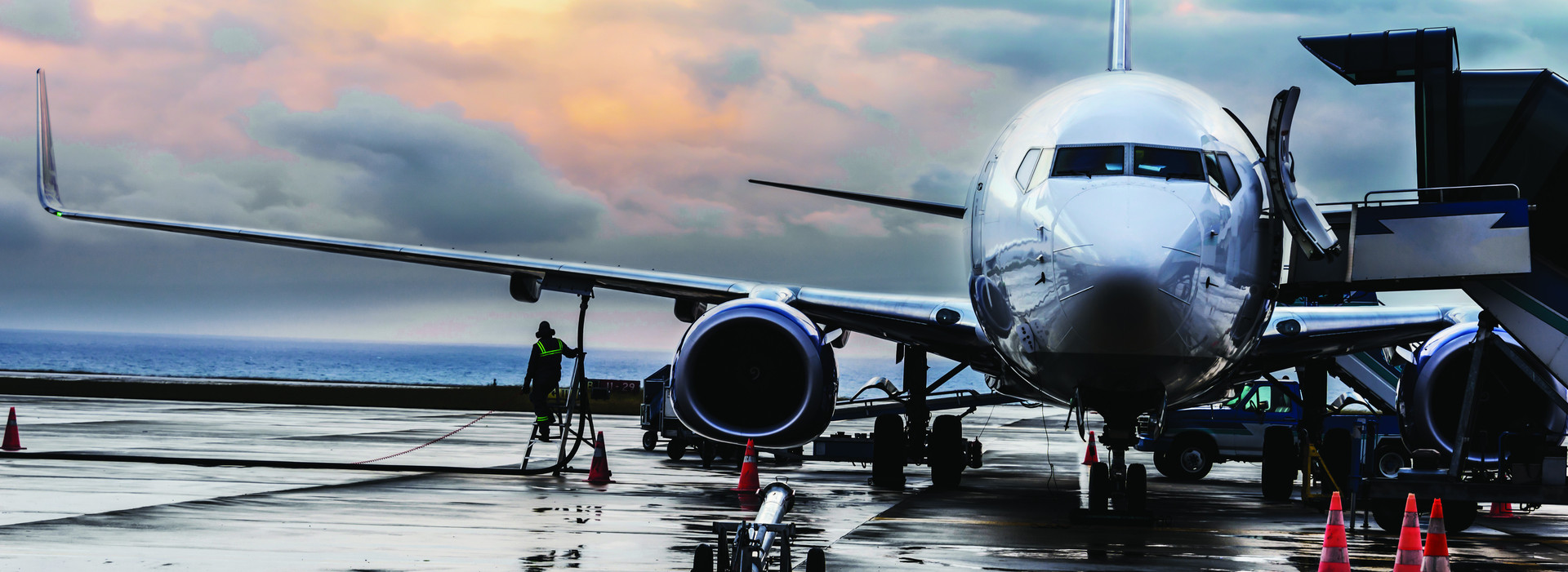What Results Do Clinical Studies Show in Diabetes?
Diabetes remains one of the most widespread chronic diseases in the world. According to the International Diabetes Federation, more than […]


Diabetes remains one of the most widespread chronic diseases in the world. According to the International Diabetes Federation, more than […]

Introduction Plumex.io introduces a smart crypto wallet created to make digital finance accessible from the very first interaction. While blockchain […]

Mobile gambling platforms are becoming increasingly popular today, as they allow players to enjoy their favorite entertainment anytime and anywhere. […]

Microgreens aus violettem Rettich gehören zu den auffälligsten und nährstoffreichsten jungen Keimlingen. Dank ihrer intensiven Farbe, dem würzigen Geschmack und […]

En el mundo del marketing en Internet y la optimización de motores de búsqueda, muchos se enfrentan al concepto de […]

Pokud jde o uspořádání domu, každý z nás chce, aby bydlení bylo nejen útulné, ale také funkční. Jedním z nejoblíbenějších […]

The renewal of a Forex broker’s license is an important process on which the legality of the company’s work depends. […]

Os cassinos Online estão ganhando popularidade devido a uma grande seleção de jogos e bônus exclusivos. Os jogadores podem contar […]

Die Wahl eines Verlobungsrings ist immer ein bedeutendes Ereignis. Dieses Symbol für Liebe und Hingabe bleibt ein Leben lang bei […]

The sink is an important element of the kitchen and bathroom, without which it is difficult to imagine everyday life. […]